“Your wife isn’t going to like this, but I’m prescribing you medication for your acid reflux.”
When my husband relayed this message from our doctor, I affirmed, “He’s right, I don’t like it!”
You see, our doctor knew I was a little on the crunchy side. He knew I didn’t like my family members being prescribed medications unless absolutely necessary. The medication was a band-aid solution. I knew there had to be a better way.
My husband tried the medication for just a few days. In the end, we threw the medication in the trash opting to fix the problem instead of simply putting a band-aid over it.
We spent time researching. We researched what the cause of acid reflux is (surprise—it’s not too much stomach acid). We researched how to treat the root of the problem. And we researched the problems with the most common class of medications used to treat reflux: proton pump inhibitors (PPIs).
Proton Pump Inhibitors: The Gold Standard of Acid Reflux Meds?
You see, Proton Pump Inhibitors are the most commonly used acid reflux medications. With around 15 million Americans using them, you likely know (or are) someone on them. That’s a lot of people, on a lot of meds.
PPIs are the gold-standard of acid reflux meds in the medical world. They work better than any other class of medication in decreasing stomach acid.
They work so well, many people stay on the medications long term (according to medication inserts, long-term is defined as over 14 days). And yet, even the drug manufacturers don’t recommend doing more than a 14 day course.
The problem is, most research (and anecdotal evidence) shows that the acid reflux just comes back after the medications are discontinued. The vast majority of people stay on these drugs much longer than 14 days.
So the question is, what are the long term implications of continued use of PPIs?
The Problem with Long-Term Use of PPIs
While the short-term side-effects of PPIs are pretty minimal, there is a dark side to these drugs. The long-term impact shouldn’t be dismissed.
Many doctors and researchers alike admit that decreasing acid production of the stomach over the long-term isn’t the ideal way to deal to treat acid reflux. Why? Because your body needs acid. The acid in your gut has some vital responsibilities.
Your body needs acid to break the protein bonds to use the vitamins and minerals in food. Your body needs acid to kill the bad bacteria in your stomach. When you disrupt this delicate mechanism, problems arise.
Bacterial pneumonia is more likely in those taking PPIs long-term. Bacteria proliferates in a less-acidic environment. When aspiration occurs, this can cause bacteria to be carried to the lungs and cause pneumonia.
The bacteria Clostridium difficile (c. diff), which cause life-threatening diarrhea and colitis, occurs more frequently in those taking PPI’s. People get infected with c. diff by swallowing it. Usually the acidity of the stomach ensures the bacteria doesn’t take hold, but when acidity level of your stomach is decreased you’re at a greater risk of getting sick with c. diff.
There are several vitamins and minerals individuals are susceptible to becoming deficient in with the long-term use of PPIs. Body needs stomach acid to uncouple vitamins from the protein in food.
- B12 isn’t absorbed correctly with low acid levels.
- Calcium can’t be utilized adequately, which leads to an increase in osteoperosis and fractures in individuals taking PPIs.
- Low magnesium levels are often seen in individuals taking PPIs. This can be very dangerous and even deadly: symptoms include seizures, arrhythias, and low blood pressure. Interestingly, decreased magneisum levels usually resolve quickly when PPIs are stopped, but return if individuals resume taking the medication.
There are several studies indicating that long-term PPI use may also be associated with other health problems: pulmonary tuberculosis, gastric and esophageal cancers, chronic kidney disease, and dementia and Alzheimer’s disease in the elderly.
Alternatives to PPIs (How to Treat the Cause)
If you’re one of the almost 50% of Americans that suffer from acid reflux, remember that stomach acid is absolutely necessary. It’s needed for proper digestion. It’s needed for absorption of minerals. And it’s needed to kill the bad bacteria in your intestinal tract.
Stomach acid isn’t a bad thing. But stomach acid does need to stay in the stomach, where it belongs.
If you’re looking for ways to get at the root cause, check out this article my husband has written with strategies he used to get rid of his severe acid reflux: Treating Acid Reflux with Simple Diet Changes.
While he rarely has problems with acid reflux anymore, he will occasionally have an acute flare-up When flare-ups of acid reflux occur, we keep Maty’s Acid Indigestion Relief on hand. We buy it at Target or Rite Aid. This is an all-natural, whole-food, drug-free solution to acid reflux. It provides the relief he needs quickly and without any short or long-term side effects.

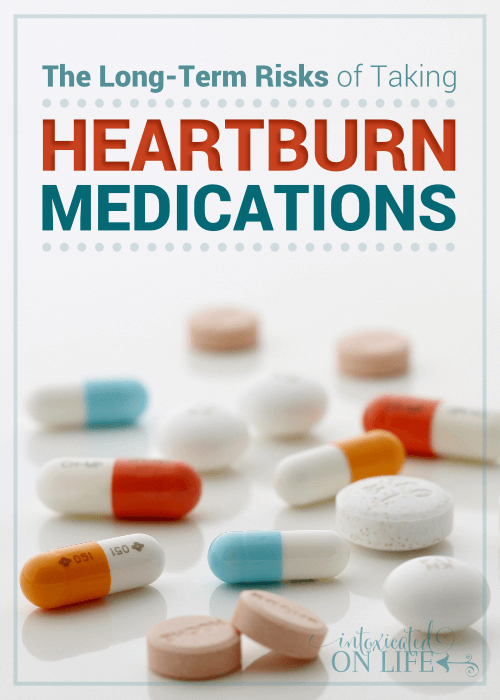
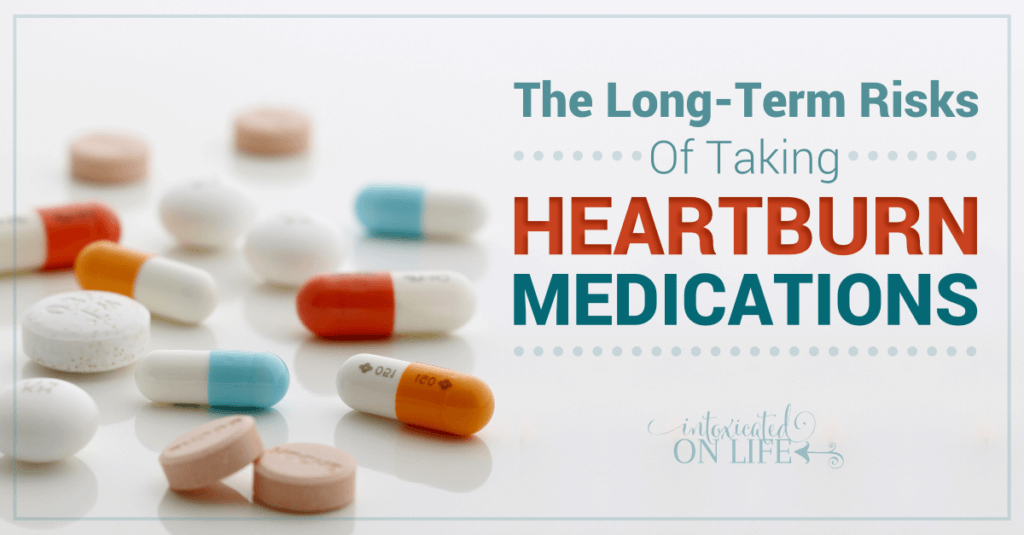
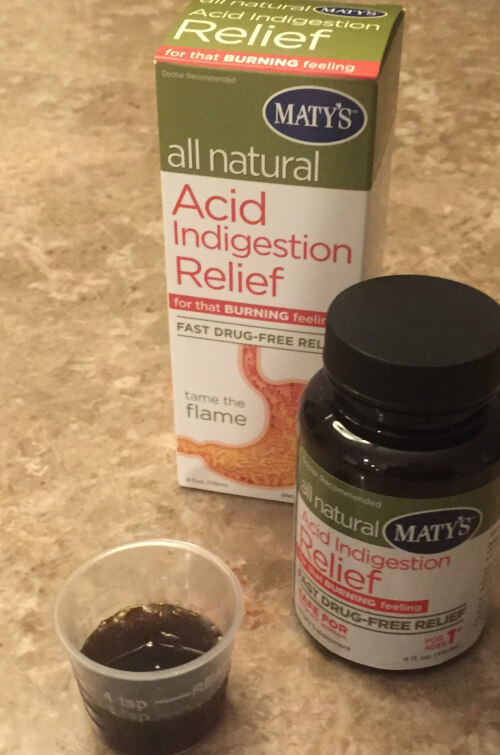

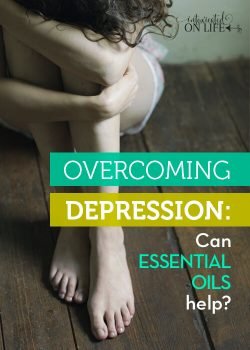
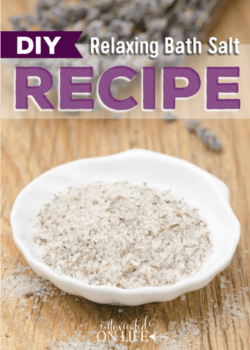
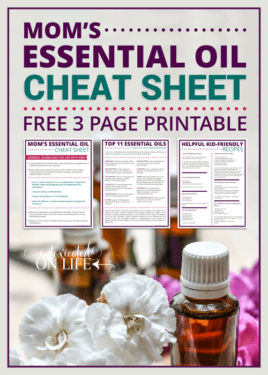





Leave a Comment